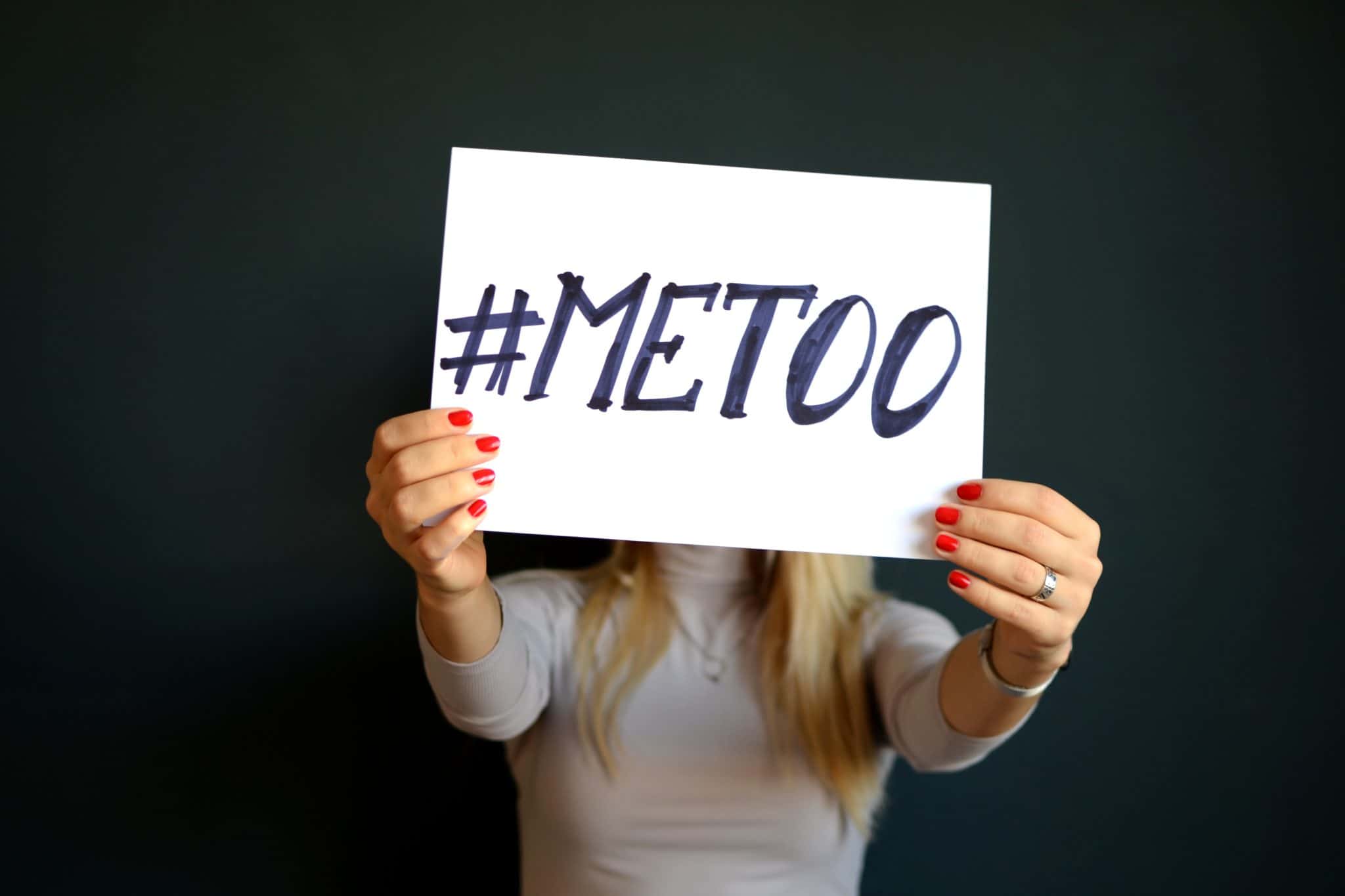Alisha Jarwala is a student at Harvard Law School and a member of the Labor and Employment Lab.
Yesterday, Kickstarter employees voted to unionize, becoming the first well-known technology company to do so. The New York Times reports that the employees will be affiliated with the Office and Professional Employees International Union and will begin contract negotiations over equal pay and hiring practices. Kickstarter’s union drive began last year, drawing widespread attention when the company fired two of the employees behind the organizing attempt. The Times article notes that this pro-union vote is significant for the technology industry, where “workers have become increasingly activist in recent years over issues as varied as sexual harassment and climate change . . . [b]ut large-scale union efforts have faltered.”
New Jersey Governor Phil Murphy has announced an overhaul of the state’s laws relating to workplace harassment. The proposed legislation would clarify the “severe or pervasive” standard for establishing a hostile working environment and make it clear that “a single incident can create a hostile work environment and that harassment need not involve physical touching.” The proposal would also mandate employers to establish workplace policies on training on discrimination and harassment, and increase protections for domestic workers and unpaid interns. Bloomberg notes that these reforms follow California, Delaware, and New York, which have all revised their laws to make it easier for workers to sue for sexual harassment in the wake of the #MeToo movement.
Amazon CEO Jeff Bezos has committed $10 billion to address climate change. The New York Times reports that this initiative, the Bezos Earth Fund, will fund scientists, activists, and nonprofits working to fight the impact of climate change. Amazon employees have demanded that their employer do more to address climate change for over a year. While Bezos announced a Climate Pledge in September to become carbon-neutral, workers believe this is insufficient. Some also claim they have faced retaliation for their activism. In response to Bezos’s new initiative, Amazon Employees for Climate Justice tweeted: “We applaud Jeff Bezos’ philanthropy, but one hand cannot give what the other is taking away. The people of Earth need to know: When is Amazon going to stop helping oil and gas companies ravage Earth with still more oil and gas wells?”
Finally, OnLabor Senior Contributor Charlotte Garden has an op-ed in the Washington Post discussing DoorDash employees’ strategy of filing thousands of simultaneous individual arbitrations in response to the company’s mandatory arbitration clause. Garden writes that this creative strategy is a way for workers to “reclaim some leverage in a legal environment that employers shape to their own benefit.” However, she notes that mass arbitrations are not a complete solution—filing for arbitration is still burdensome and expensive, and employees might wait years for their cases to go forward because of a shortage of arbitrators. Garden emphasizes that a “more sustainable solution would be for Congress to bar employers from unilaterally imposing individual arbitration on their workforces,” such as through the PRO Act, passed by the House this month.






Daily News & Commentary
Start your day with our roundup of the latest labor developments. See all
January 14
The Supreme Court will not review its opt-in test in ADEA cases in an age discrimination and federal wage law violation case; the Fifth Circuit rules that a jury will determine whether Enterprise Products unfairly terminated a Black truck driver; and an employee at Berry Global Inc. will receive a trial after being fired for requesting medical leave for a disability-related injury.
January 13
15,000 New York City nurses go on strike; First Circuit rules against ferry employees challenging a COVID-19 vaccine mandate; New York lawmakers propose amendments to Trapped at Work Act.
January 12
Changes to EEOC voting procedures; workers tell SCOTUS to pass on collective action cases; Mamdani's plans for NYC wages.
January 11
Colorado unions revive push for pro-organizing bill, December’s jobs report shows an economic slowdown, and the NLRB begins handing down new decisions
January 9
TPS cancellation litigation updates; NFL appeals Second Circuit decision to SCOTUS; EEOC wins retaliation claim; Mamdani taps seasoned worker advocates to join him.
January 8
Pittsburg Post-Gazette announces closure in response to labor dispute, Texas AFT sues the state on First Amendment grounds, Baltimore approves its first project labor agreement, and the Board formally regains a quorum.